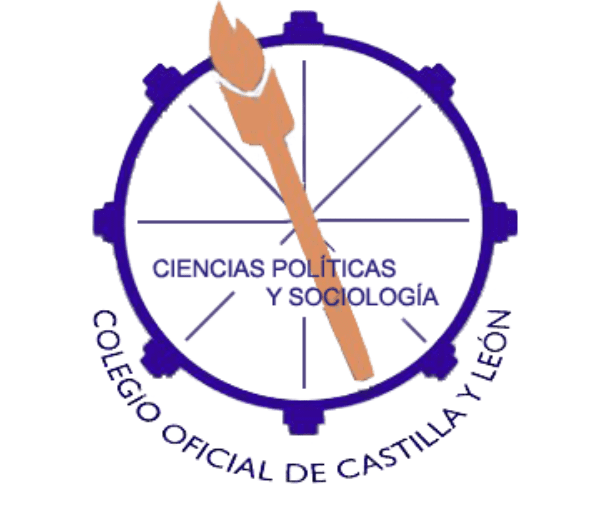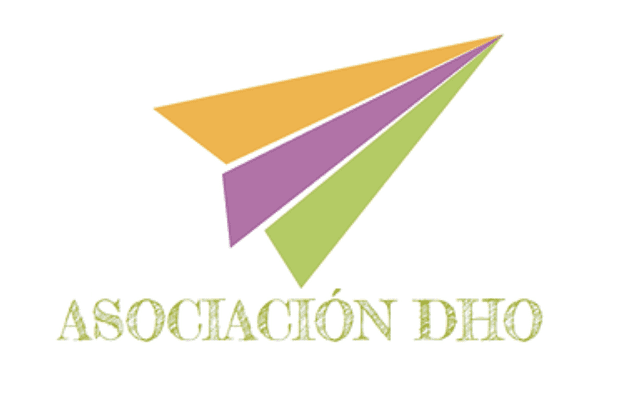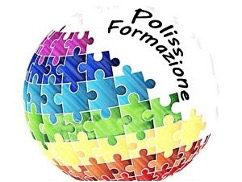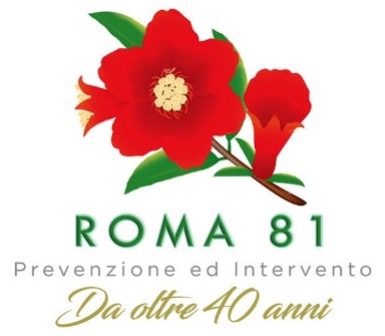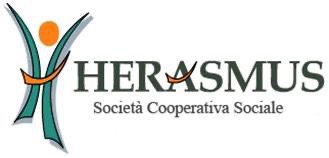Exportun
EXPORTUN Inicio Paseo del hospital militar 35 1º I 47006 Valladolid. Spain Exportun is a company dedicated to providing advice and support in the processes of business internationalization. As part of its internationalization strategy, our company excels in utilizing business opportunities created by the United Nations and other international organizations as tools for entering new markets. Our services are aimed at companies seeking professional advice in any area related to internationalization. Thanks to our network of collaborators and strategic alliances, we are multisectoral. Among the services offered at Exportun, an important aspect is the institutional support provided during the process of accessing new markets and international organizations.


